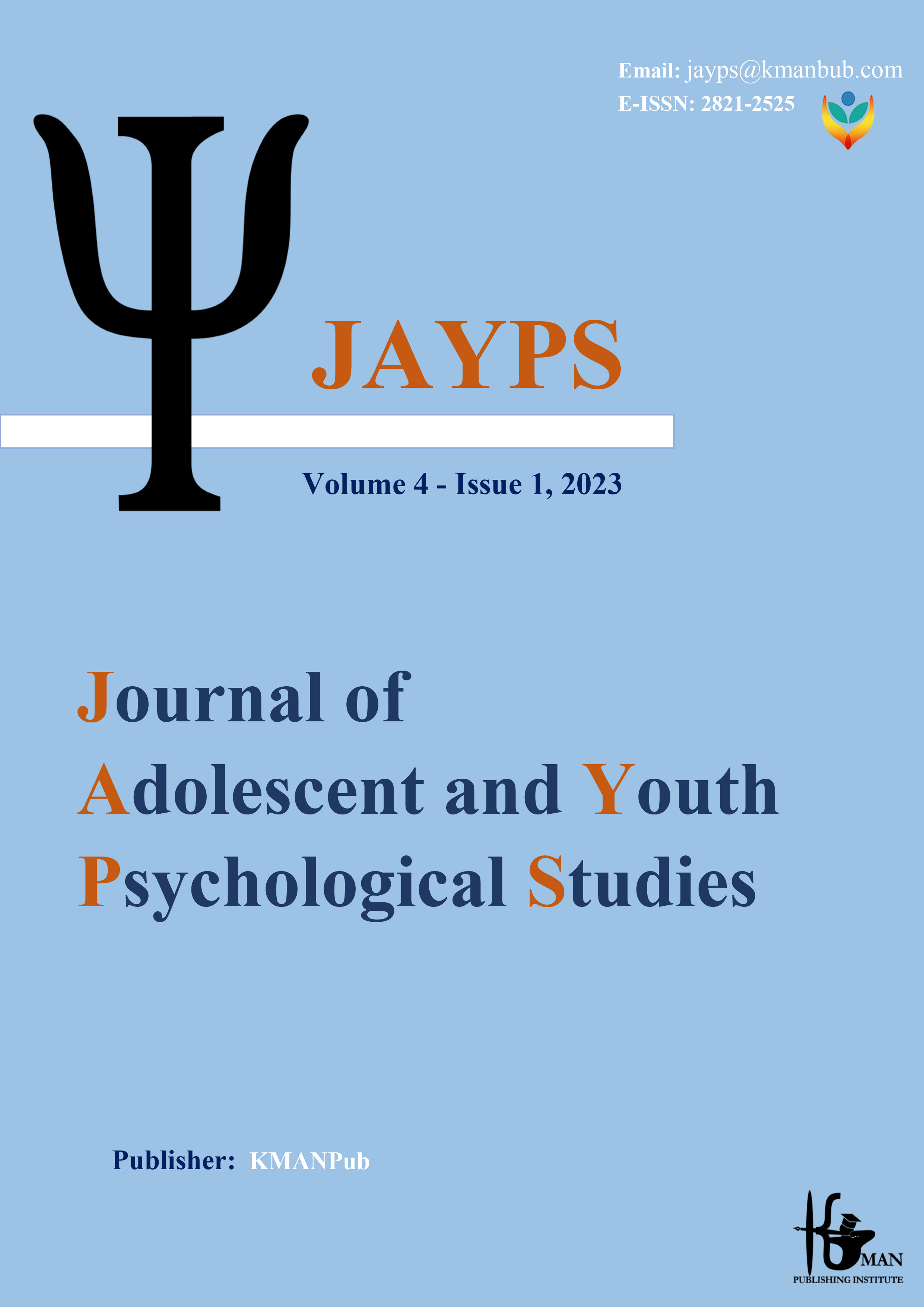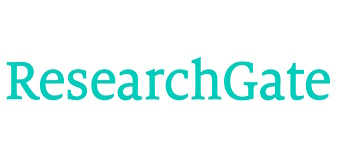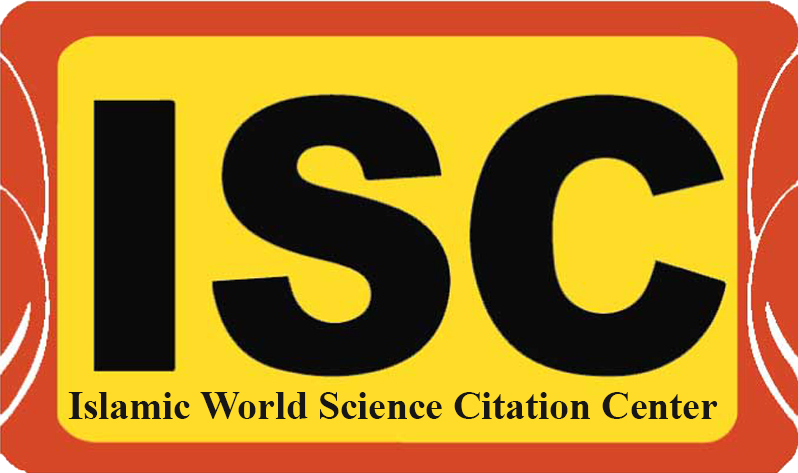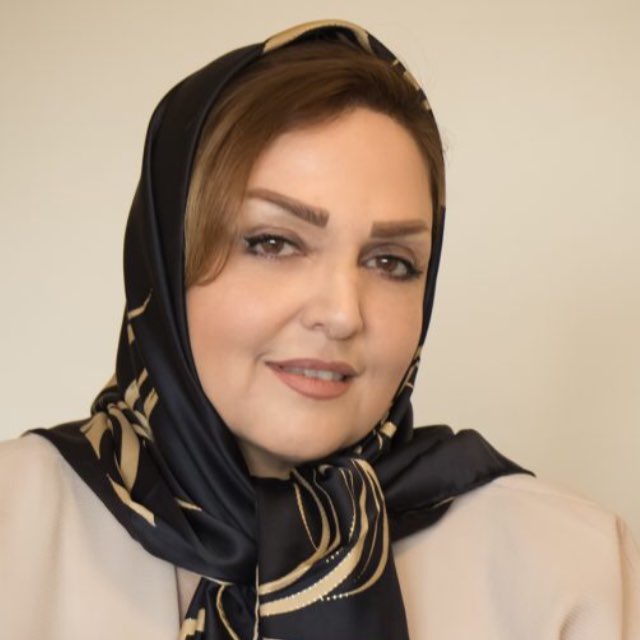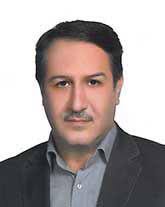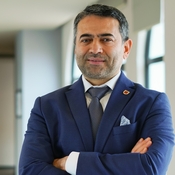The effectiveness of Reality Therapy on Emotional Balance & Responsibility of adolescents
Keywords:
reality therapy, emotional balance, responsibility.Abstract
Background and Aim: Emotional balance is an important index in the psycho-social health of adolescents, and based on this, it seems necessary to identify the effects of therapeutic approaches that can play a role in this regard. This research was conducted with the aim of investigating the effectiveness of reality therapy on the emotional balance and responsibility of adolescents. Methods: The research method was quasi-experimental with pre-test, post-test, follow-up test and control group. The statistical population included all teenage girls of the second secondary level of Bojnoord who were studying in one of the schools of this city in the academic year of 1400-01. From among these people, 40 students who were willing to participate in the research and met the entry criteria were selected by available sampling method and were randomly divided into two groups of 20 people, experimental and control. The tools of data collection were Watson et al.'s (1988) emotional balance questionnaires and Gough et al.'s (1952) responsibility scale. The data obtained from these questionnaires were analyzed by analysis of variance with repeated measurements. Results: The results indicated that reality therapy is effective on the emotional balance and responsibility of adolescents (P<0.01). Conclusion: Based on these findings, it can be said that reality therapy can have good effects on the psycho-social condition of students.
Downloads
Downloads
Published
Issue
Section
License

This work is licensed under a Creative Commons Attribution-NonCommercial 4.0 International License.

